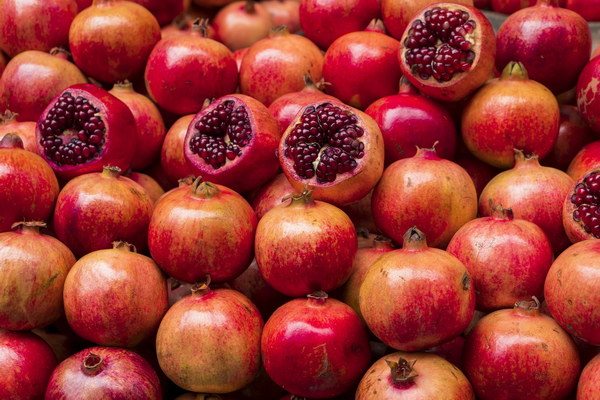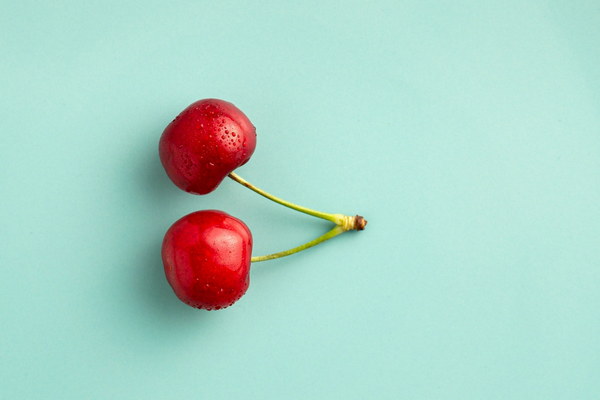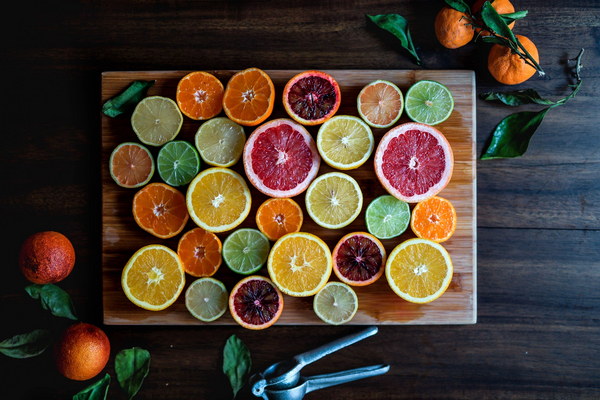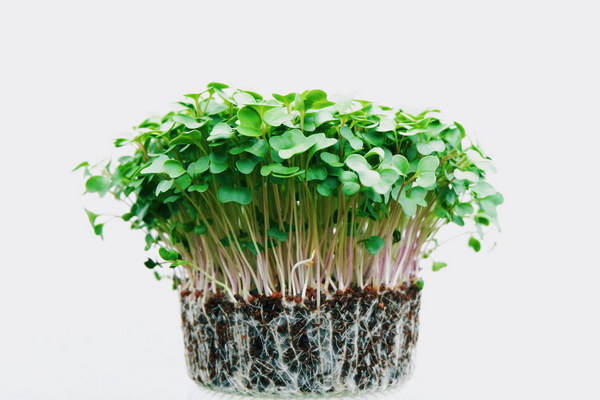Floral Brews for Wellness A Comprehensive Review of Tea for Health
Floral Brews for Wellness: A Comprehensive Review of Tea for Health
In the quest for holistic wellness, the ancient art of drinking herbal teas has gained a modern resurgence. This article delves into the world of floral brews, offering a comprehensive review of various herbal teas and their potential health benefits, based on recent studies and traditional wisdom.
Introduction
Herbal teas, often overlooked in favor of their more caffeinated counterparts, have been a staple in traditional medicine for centuries. These brews, crafted from the leaves, flowers, roots, and bark of various plants, are celebrated for their ability to provide a range of health benefits without the stimulating effects of caffeine. This review explores the most popular herbal teas and examines their potential to enhance health and well-being.
1. Chamomile Tea: The Soothing Remedy
Chamomile tea, derived from the dried flowers of the chamomile plant, is renowned for its calming properties. Studies suggest that it may help alleviate anxiety, improve sleep quality, and even reduce symptoms of irritable bowel syndrome (IBS). Its anti-inflammatory and antioxidant properties make it a popular choice for those seeking a natural remedy for stress and digestive issues.
2. Green Tea: The Antioxidant powerhouse
Green tea, made from unfermented leaves of the Camellia sinensis plant, is packed with antioxidants called catechins. These compounds are believed to offer a range of health benefits, including cancer prevention, heart disease reduction, and weight management. Regular consumption of green tea may also improve brain function and boost the immune system.
3. Ginger Tea: The Digestive Supporter
Ginger tea, made from the root of the ginger plant, is a time-honored remedy for nausea and digestive discomfort. Its anti-inflammatory properties make it beneficial for those suffering from conditions like arthritis and migraines. Additionally, ginger tea has been shown to help lower blood sugar levels and improve cholesterol profiles.
4. Peppermint Tea: The Digestive Soother
Peppermint tea, made from the leaves of the peppermint plant, is a favorite for its soothing effect on the digestive system. It can help alleviate bloating, gas, and indigestion. Peppermint tea is also known for its ability to reduce symptoms of irritable bowel syndrome (IBS) and may have analgesic properties that can help with headaches.

5. Hibiscus Tea: The Heart-Healthy Beverage
Hibiscus tea, made from the red calyces of the hibiscus flower, is rich in antioxidants and has been shown to lower blood pressure and improve heart health. It is also believed to help with weight loss and reduce the risk of developing type 2 diabetes.
Conclusion
The world of herbal teas offers a vast array of options for those looking to enhance their health and well-being. From the soothing chamomile to the invigorating green tea, each floral brew has its unique set of benefits. While more research is needed to fully understand the impact of these teas on human health, the growing body of evidence suggests that incorporating herbal teas into one's daily routine can be a delicious and healthy choice.
As you explore the world of floral brews, remember that moderation is key. While herbal teas can offer significant health benefits, they should be consumed as part of a balanced diet and a healthy lifestyle. Consult with a healthcare professional if you have any specific health concerns or are taking medication, as some herbal teas may interact with certain medications.
In summary, the art of drinking herbal teas is not just a way to relax and enjoy a refreshing beverage; it can be a step towards a healthier life. Embrace the floral brews and let nature's pharmacy work its magic.









